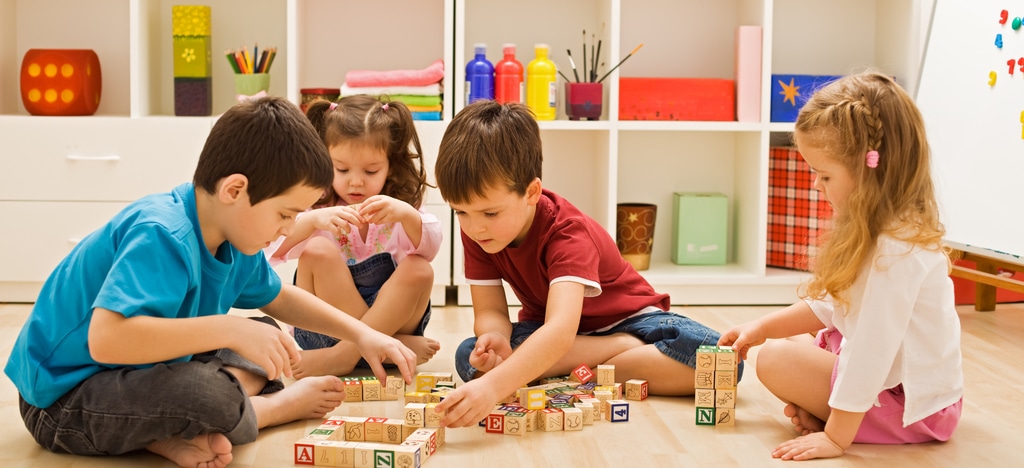When the world is shutting down to prevent the spread of a pandemic disease that risks infecting 40-70% of the human race in the next 12 months, with the impeccable efforts of Singapore Government we have been able to contain the COVID-19 so far and were able to keep our schools and office largely open.
Now that our schools are planning to have longer spring breaks to combat the spread, and when parents are trying to figure out how to work from home — while also tending to kids who are home, having play dates seem like an obvious solution to keep kids engaged while you get some work done.
“I’m personally taking a really strict line and saying NO,” says Dr Shivani Paliwal, US trained Paediatric doctor working at the Children’s clinic at International Medical Clinic (IMC). “I would say that play dates inherently carry risk, and if we can put them off for a few weeks and replace it with family time, it would be better.”
She notes that elementary school-age kids get about five to seven viral infections a season on average. “If they’re playing with three or four friends, each one would be about to have, had or is getting over a viral illness that they could then, unfortunately, share,” she says. And at this moment, she says, it’s not just the coronavirus that’s a concern, but any virus that might lead a child to need medical attention. That’s because you want to avoid doctor’s visits if you can, both to avoid possibly getting infected with COVID-19 and to avoid overloading the health care system.
What’s more, symptoms of COVID-19 on average take five days to show up from the time of infection (and can be up to 14 days) — but a person can still pass it on to other people during that time. So while it might be tempting to have one or two kids over, don’t do it, says Dr. Paliwal.
To understand this and why playdates are a no-no, you’ve got to know why COVID-19 spreads so easily:
- This is a new virus, so we don’t have great natural defenses against it
- Many people can have mild or even no symptoms—but can still infect others
- Even when you do develop symptoms, you’re usually contagious for up to 14 days before you feel sick—which means you’re contagious before you know you have it
- The average infected person infects 2 – 4 others
Someone who comes to your house looking well can transmit the virus, and even if you choose only one friend to have over, you are creating new links and possibilities for the type of transmission that all of our school/work/public event closures are trying to prevent.
Dr. Paliwal says the goal is for parents to limit exposure, period. “My guidance right now to families is, as much as possible, do not have your kids in other people’s houses. Do not have other people’s kids in your house. There are times when for child care arrangements, or for absolute necessity, you need to have two or more kids together. But if at all possible, really just keep kids at home.”
What about playing outside with other kids or going to the park?
If you do let your kids outside to play with others, make sure the children keep at least 6 feet of distance from other children (which can be very hard for younger children to abide by). Avoid playground equipment where germs can accumulate. Avoid crowds.
We’re in the midst of a worldwide, life-threatening pandemic and we need to pitch in 100% in order to save lives.
Say NO to playdates! (for now)

For appointments please call 6887 4440.




































